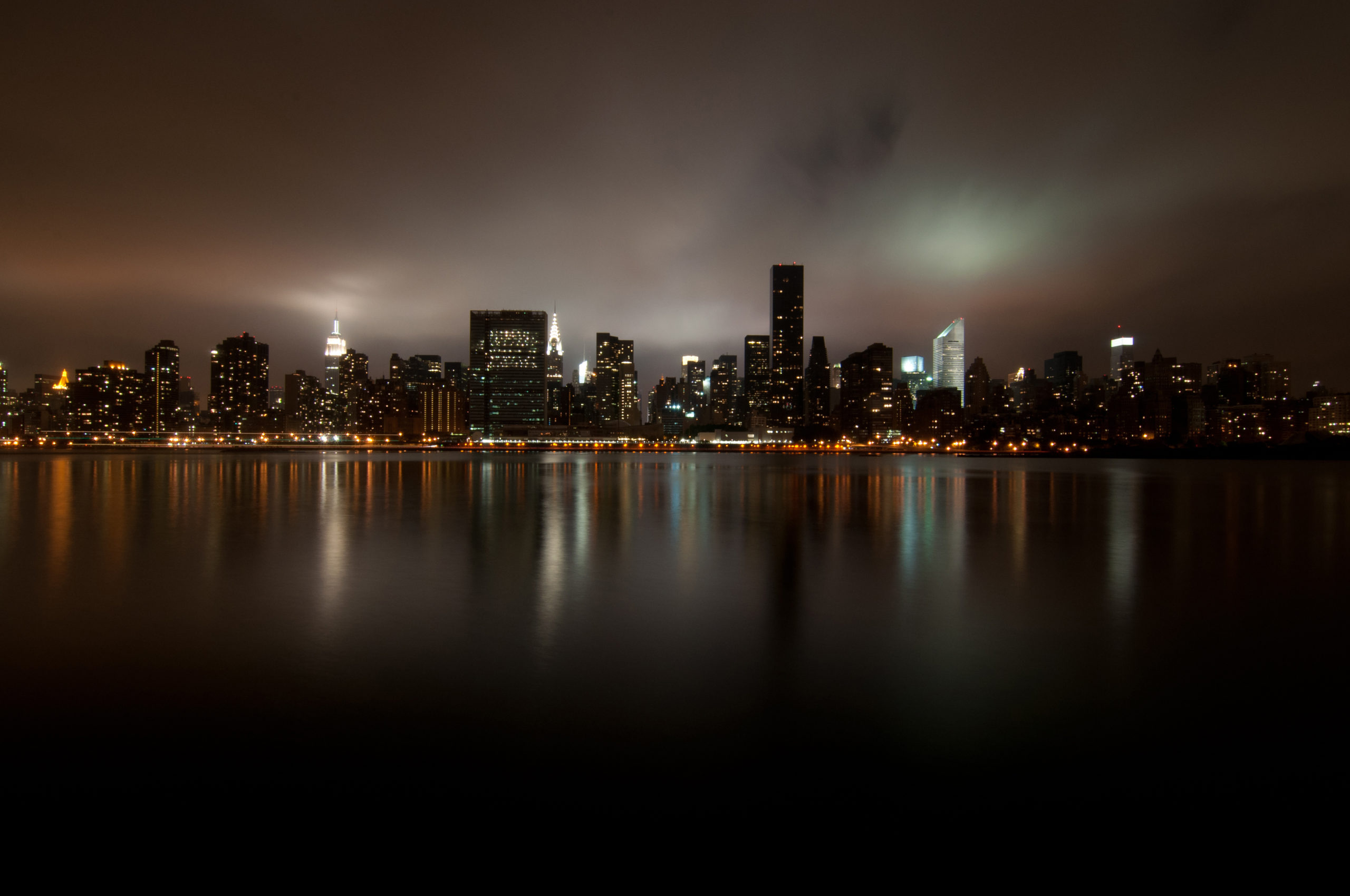“What was it like? Growing up in the city of the Ancestors, Rodney?”
~ Stargate Atlantis 1.16, “The Brotherhood”
I can’t quite remember just when it was that these lines began to haunt me.
Stargate Atlantis, for those unfamiliar, is a science-fiction television series (spun off from the longer-running series Stargate, itself a spin-off of the theatrically released motion picture of the same name), that appeared on the Sci-Fi channel and other television networks for a five-season run beginning in 2005.
The show followed the adventures of a team of Air Force scientists and soldiers who discover a mysterious sunken city on a planet in a distant galaxy. The question above is addressed to chief scientist Rodney McKay by a researcher from another, less developed, planet, who is a member of a team dedicated to preserving the work of their ancestors, who built the sunken city ten thousand years ago.
Of course, in the plotline of the episode, the question is a miscommunication: Rodney did not grow up in “the city of the Ancestors,” and conflict unsurprisingly ensues.
But I somehow felt a chill of a sort pass through me when I first heard those words. The brush, maybe, of a distant future.
~ ~ ~
I have lived in New York – meaning New York City, which is what people who live here usually mean by that, even though those who live upstate may differ – for fifty-seven years now – that is, all my life. That’s a long time. More than half a century.
The New York in which I grew up was a very different place from the New York you are probably thinking of – and more like the kind of place that the city now seems to be turning back into again.
When I was growing up in the Seventies, New York was over.
Done.
Had-been.
The world had moved on.
Garbage on the streets. Crime everywhere, or at least people felt it was everywhere, even in the leafy suburban area where I grew up. Jaded children. Casual drug use.
The seventies were an era of stifling decline in the U.S., perhaps especially so in New York. And yet it was also a decade of practical roll-out of civil rights, for women, for gays and lesbians and other minorities. An age of paradoxes.
It gives me hope, looking back, to think on this. The truth is that New York is hard to kill. I had never expected I would ever live to see anything like the restoration of New York as the world’s city: the rebound of the eighties, the exhilaration of the nineties dot-com boom, the pre-2008 real-estate escalation, the successive peaks of the Obama, Trump and Biden eras, each more extravagant, glamorous, and alluring – and more mired in inequality – than the last.
But it is also true that New York is hard to kill in part because many very, very wealthy and powerful people have always been, and have been ever-more so, deeply invested in it – it’s not in their interest for the city to permanently fail.
But ultimately the city will end, as all things must do. Only the date and year and time of such endings can never be guessed, only that their time will come.
Tomorrow?
Ten years from now?
A century?
More?
~ ~ ~
Perhaps it is the span of time that I have lived in this place, this strange city that I have loved and hated for fifty-seven years, that inspires such thoughts, and maybe it is this that I felt haunting me when I first heard those words, a throwaway line in a mass-media entertainment, touching some part of my larger imagination, perhaps even that “cauldron of story,” as Tolkien called it in his classic essay “On Faery Stories,” ever bubbling with renewal of the thoughts and legends and histories that go into the making of all our tales and stories.
I’m not a historian, not really – I have no formal training in that or in any related disciplines. I’m more of a dilettante, I dare say – my attention always captured by too many possibilities to follow any one – a folly of this age, I don’t doubt.
But I notice things.
And I’ve been cultivating the practice of noticing things, for a very long time.
And I compare.
And I remember.
So.
This is a look at my city – the city that I know, and remember, and perhaps not anyone else’s. Perhaps of interest to very few. But it haunts me, and like Coleridge’s Ancient Mariner, it will not let me go until I tell it to another.
So follow with me, if you will, and I will tell you.
~ ~ ~
“What was it like for you? Growing up in the old city, in the Before?”
I pause. I stretch and rearrange my old bones, achy joints creaking irritably.
I look at their upturned faces, fresh and curious. So different, from the children of my own youth, loud and brash and careless with the confidence of a shiny, plastic, unstoppable age.
I think of all the beauty left behind, and all the horrors and the sorrow, too. This age has its own beauty, its own horrors and sorrow. How can I begin to explain?
They are waiting.
I smile a little, wistfully, and then I answer:
“I will tell you.”
And I begin.
